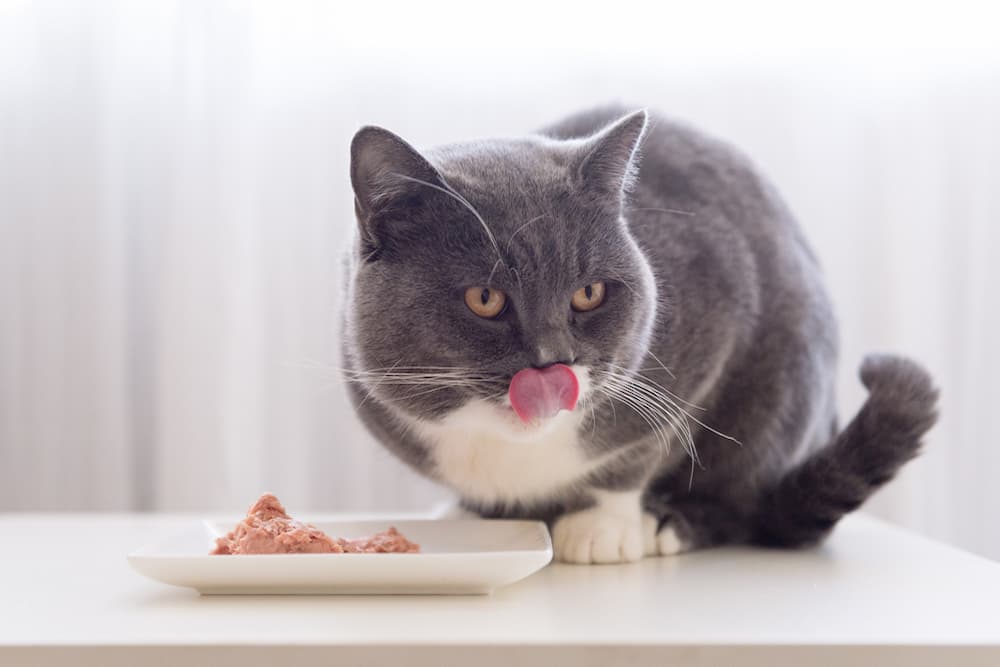As cats enter their senior years, typically around the age of seven, their nutritional needs change significantly. Choosing the right cat food becomes crucial to support their health, vitality, and quality of life. This article delves into the unique dietary requirements of senior cats and reviews the best cat food options available.
Nutritional Needs of Senior Cats
- Altered Metabolism and Activity Levels: Older cats often experience a slowdown in metabolism and decreased physical activity. This change necessitates a careful balance in calorie intake to prevent obesity while maintaining sufficient energy levels.
- Protein Requirements: High-quality proteins are essential for maintaining muscle mass in senior cats. It’s important to choose foods with easily digestible protein sources.
- Digestibility and Nutrient Absorption: Senior cats may have a reduced ability to digest and absorb nutrients. Therefore, cat food with high digestibility and fortified with essential nutrients, like vitamins and minerals, is beneficial.
Health Considerations for Senior Cats
- Joint Health: Ingredients like omega-3 fatty acids (from sources like fish oil) and glucosamine can support joint health, helping to alleviate the symptoms of arthritis common in older cats.
- Kidney and Urinary Health: Senior cats are more prone to kidney and urinary tract issues. Foods low in phosphorus and sodium, yet high in moisture, can help support kidney function.
- Weight Management: Managing weight is critical as both obesity and weight loss can be significant health issues. A balanced diet tailored to the cat’s specific activity level and metabolic needs is key.
Reviewing Top Cat Food Brands for Senior Cats
- Hill’s Science Diet Senior Cat Food
- Specially formulated for cats aged 7+ with an emphasis on kidney and joint health.
- Pros: Veterinarian-recommended, contains antioxidants for immune support.
- Cons: Some formulas contain grains, which may not suit all cats.
- Purina Pro Plan Senior
- Offers targeted nutrition for senior cats, including options for sensitive stomachs and weight management.
- Pros: Wide range of formulas, including live probiotics for digestive health.
- Cons: Some variants include by-product meals.
- Royal Canin Aging 12+
- Tailored for cats over 12 years old, focusing on maintaining healthy joints and kidney function.
- Pros: Contains highly digestible proteins, enriched with omega-3 fatty acids.
- Cons: Higher price point.
- Blue Buffalo Healthy Aging
- Natural ingredients with a focus on holistic health. Includes grain-free options.
- Pros: Features real meat and includes LifeSource Bits for a nutritional boost.
- Cons: Some cats may not prefer the taste of the LifeSource Bits.
- Iams Proactive Health Senior
- Designed to support overall health in cats 11 years and older.
- Pros: Affordable, contains L-carnitine for weight management.
- Cons: May include cornmeal or chicken by-product meal in some formulas.
Special Dietary Formulations
- Wet vs. Dry Food: Wet food can provide additional hydration, which is beneficial for kidney health, while dry food can be better for dental health. Some owners opt for a mix of both.
- Limited Ingredient Diets: These can be advantageous for seniors with food sensitivities or allergies.
Feeding Guidelines for Senior Cats
- Portion Control and Feeding Frequency: Monitor portion sizes to maintain a healthy weight. Small, frequent meals can be easier for older cats to digest.
- Adapting to Changing Appetites: If a senior cat’s appetite decreases, warming the food or adding fish oil can enhance palatability.
FAQs About Cat Food for Senior Cats
- How can I tell if my senior cat needs a special diet? Look for signs like weight loss, decreased mobility, or changes in eating habits.
- Can senior cats eat regular adult cat food? While they can, senior-specific food is formulated to address the unique health needs of older cats.
- Should I give my senior cat supplements? Consult with your veterinarian, as some supplements can be beneficial for aging cats.
- How do I switch my senior cat to new food? Gradually mix the new food with the current one over several days to avoid digestive upset.
- What should I do if my senior cat refuses to eat? Try different flavors or textures, and consult a vet to rule out any underlying health issues.
Conclusion
Selecting the right food for senior cats is about finding a balance between managing health issues and maintaining their overall quality of life. A diet that addresses their specific age-related nutritional needs can help keep them healthy and happy in their golden years.

Jane Doe, a veterinarian with over 10 years of experience, combines her deep knowledge of animal health with a passion for pet welfare at PetsPonder.com. With a DVM degree and a commitment to the latest in veterinary science, Jane Doe offers reliable, compassionate advice to help pet owners make informed decisions for their furry companions.

Leave a Reply